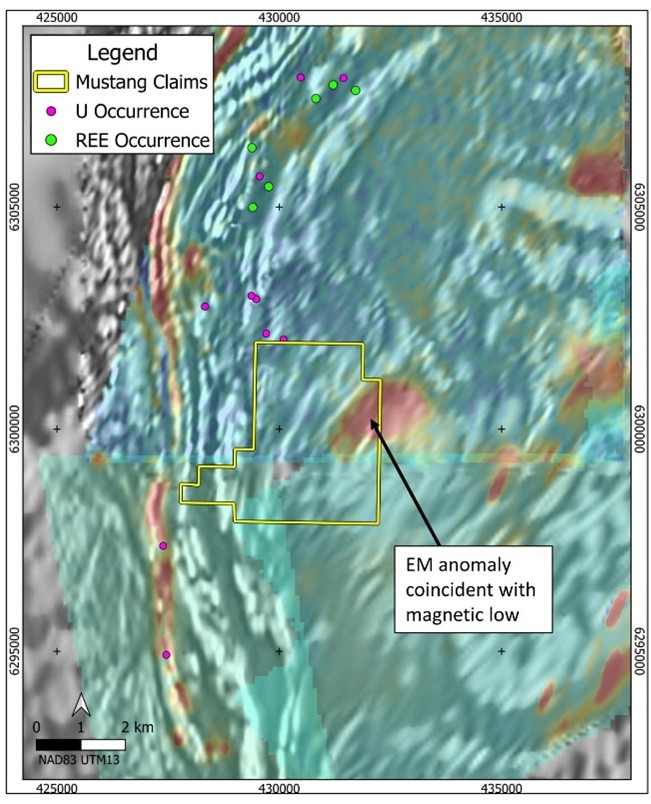Coreline Soft has recently signed a memorandum of understanding (MOU) with its Chinese affiliate Suhai and is set to leverage local clinical data for artificial intelligence (AI) training to intensify its market penetration efforts. On April 17, Coreline Soft announced that it has begun integrating Chinese clinical data into its proprietary AI data collection and refinement platform, CORE:ALAP. The company plans to apply a multitude of clinical datasets held by Suhai to develop new AI software products and an AI Clinical Decision Support System (CDSS) platform.
Given the strict regulations on the external sharing of clinical data in China, obtaining such data poses significant challenges for companies outside the local market, positioning Coreline Soft to gain a competitive advantage. Suhai boasts a network of local medical institutions across China and has acquired numerous datasets by carrying out over 20 government-led clinical research projects focused on Chronic Obstructive Pulmonary Disease (COPD) and Interstitial Lung Disease (ILD). Notably, Suhai's datasets consist of real-world data linked to patient-specific clinical information, making it ideal for improving AI precision and developing new models.

Coreline Soft plans to enhance its AI technology through the refinement of training data using important labeling techniques to elevate the quality of AI capabilities with localized data. The integration of data and platform will not only facilitate the localization of local data but also enable the rapid application of new data to AI software, allowing for customized product development that complies with regulatory conditions in China. Wang Ping, CEO of Suhai, stated, "China has over 100 million COPD patients, and the socioeconomic burden of the four major chronic diseases—cardiovascular disease, cancer, and respiratory diseases—is among the highest globally.
" He continued, "The demand for AI-based early detection, diagnosis, and evaluation is rapidly increasing in line with the Chinese government's Healthy China 2030 strategy." He added that Coreline's AVIEW, recognized globally for its clinical outcomes and technology based on QCT, could serve as a core engine for the clinical decision support system (ai-CDSS) in the future, marking a pivotal point for the verification and expansion of AI applicability within the Chinese market. "We plan to apply Chinese clinical data to our AI platform, ensuring a close response to local regulations and technology advancement," said Coreline Soft's CEO Kim Jin-guk.
"By utilizing high-quality clinical data compliant with Chinese government regulations, we will accelerate our entry into the Chinese market." Coreline Soft continues to enhance its proprietary AI technology while expanding its international certifications. Following its first FDA certification in 2018, the company has recently received FDA 510(k) certification for versions optimized for technology integration, accessibility, security, and stability.
Additionally, it holds European CE certification, U.S. HIPAA (Health Insurance Portability and Accountability Act), and European GDPR (General Data Protection Regulation) certifications, establishing a robust regulatory foundation for global market entry.
.
Technology

Coreline Soft Links Large-Scale Data to Its Own AI Platform, Targeting the World's Largest Market Based on Chinese Affiliates

Coreline Soft has recently signed a memorandum of understanding (MOU) with its Chinese affiliate Suhai and is set to leverage local clinical data for artificial intelligence (AI) training to intensify its market penetration efforts. On April 17, Coreline Soft announced that it has begun integrating















